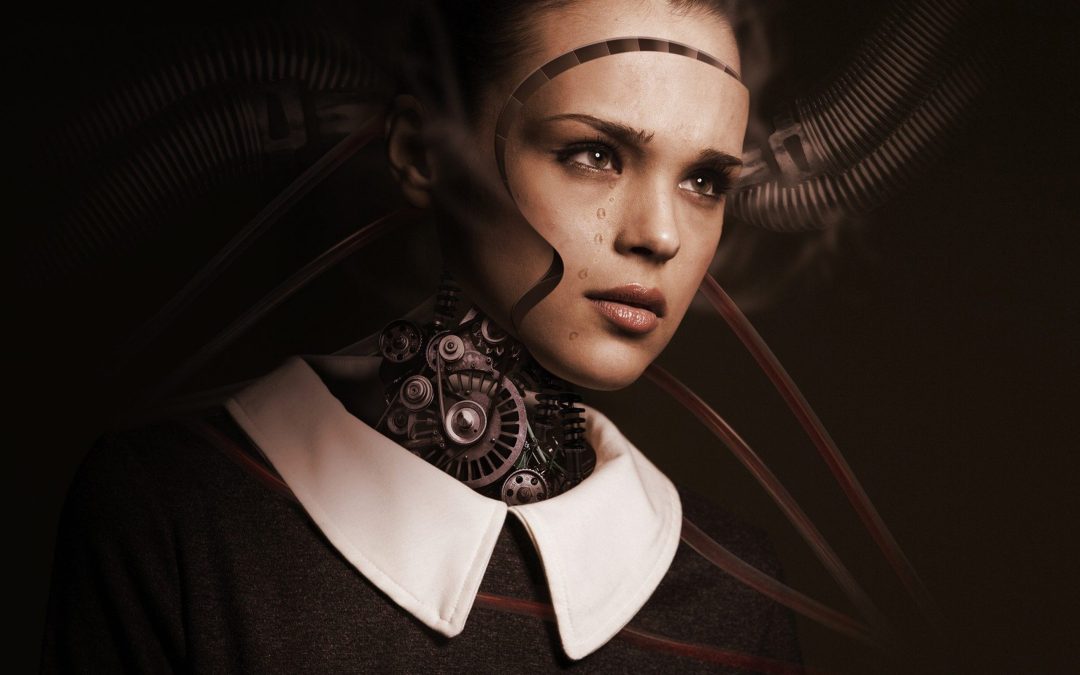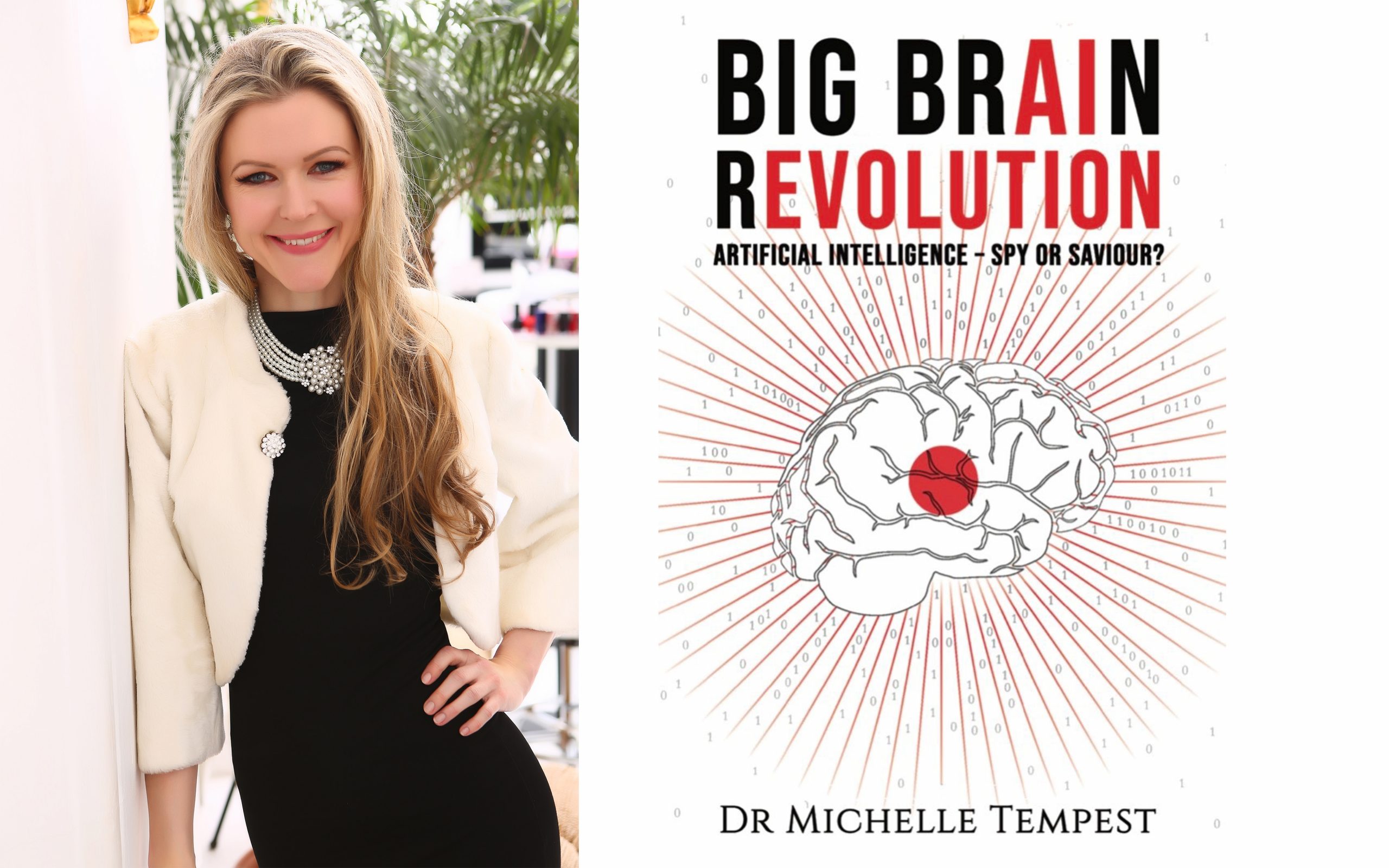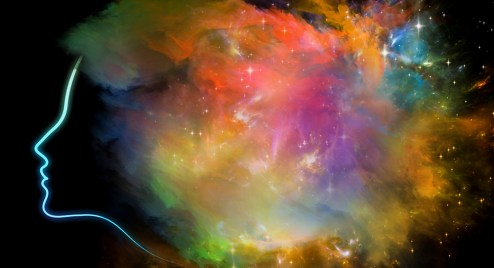Artificial intelligence and the dilemma of outsourcing thinking
Artificial intelligence (AI) has been heralded as the ‘fourth industrial revolution’, set to change all aspects of our daily lives. But for all the improvements it will bring, the coming smart machine age may also impact on our minds in ways we can only conjecture, as AI expert Dr Michelle Tempest reveals

By Dr Michelle Tempest in association with Candesic
The world moves around the decisions we make but, truth be told, humans are not always the best at making sound judgements.
Our brains are vulnerable to emotional and cognitive bias. You only need to look at the 2008 global financial crisis – believed to have been caused, in part, by the over-optimistic forecasting of debt ratings – to understand the profound consequences that can follow from a bad call.
AI, however, has no emotion to colour its judgements, which is why it is now commonly deployed in the financial sector to augment human opinion. There’s no disputing that computers can outperform us in their ability to deal with big data faster, cheaper and more accurately.
It’s probable that AI will be utilised to hasten the laborious and tedious groundwork required in making decisions. For example, it could speed up medical diagnoses, financial disputes or legal cases by analysing reams of paperwork.
The risk, however, is that by outsourcing thinking we may become reliant on AI to do the heavy mental lifting required to make our choices. We may ultimately come to lack the capacity or confidence to make our own independent decisions or to question those provided by computers.
And by abdicating control to AI, we may end up with a reduced sense of responsibility or emotional ownership for our actions, and the consequences. If a self-driving car, for instance, decides upon an algorithm to hit a pedestrian to save the driver in an emergency then where would responsibility lie?
A public debate is urgently needed to define how far we are willing to go down this path. While the coming AI revolution could prove a new golden age, it could as equally become a second dark age for humankind.
It’s a decision that we must make as a society, and make without the benefit of computers.
Big Brain Revolution: Artificial Intelligence – Spy or Saviour? by Dr Michelle Tempest, a partner in healthcare strategy consultancy company Candesic, is out now, priced £9.99 (paperback); £11.99 (hardcover) and £3.50 (eBook). Visit Amazon.

Pictured: Dr Michelle Tempest.








